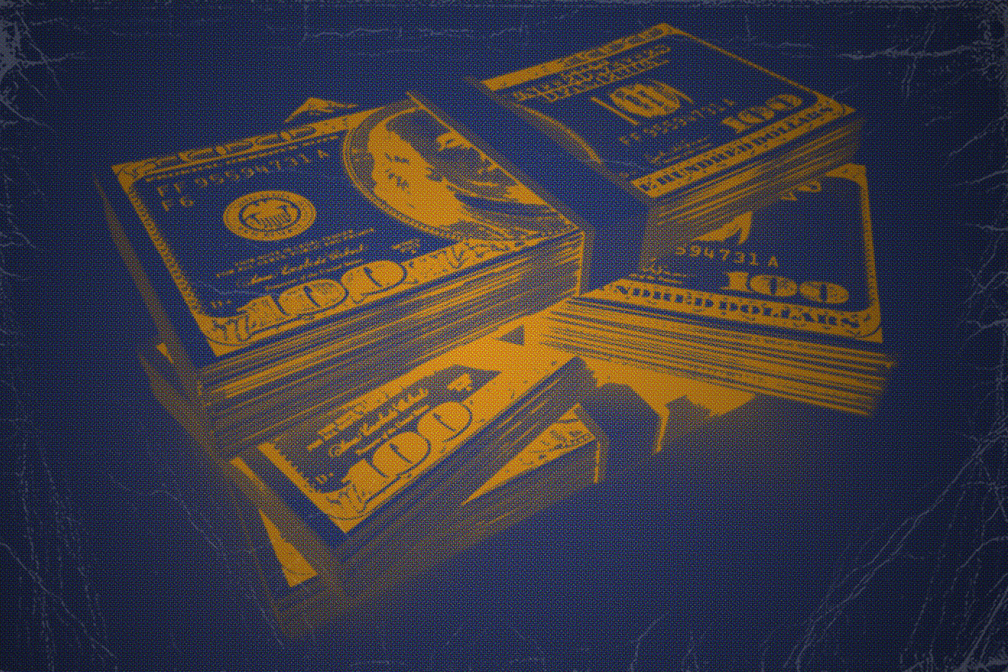
In too deep: When signing to a major label goes very, very wrong
A handful of artists share their major label horror stories
Record labels are at the beating heart of the music industry. They are hubs of inspiration, playing an essential role in cultivating new musical styles and nurturing artists. But they need to be independently-minded, and helmed by forward-thinking and passionate people.
Underground dance music is defined by its independence, and as reflected in our Top 20 Labels of 2016 feature, all of the imprints responsible for curating the most interesting records right now are small-scale operations that prioritise music and innovative ideas.
On the other hand, major labels can look like an appealing prospect. Artists need to get paid and they want to be recognised for their work. Majors offer more money and more exposure, but they are operations that can often come with baggage that taints the deal to an unworkable extent.
An artist like Prince provides an example of how sour these relationships can turn. Throughout the final years of fulfilling his Warner Bros. contract he appeared with the word “slave” written on his face during contractual obligations and changed his artist moniker to an unpronounceable symbol to protest the company's ownership of his work as Prince.
Once freed, Prince (or The Artist Formerly Known As) pioneered many of the industry’s now defining features, such as being the first person to release an album online with ‘Crystal Ball’ in 1998, launching the online streaming service NPGMusicClub in 2001 and giving away his 2007 album ‘Planet Earth’ for free (via the Mail On Sunday). In 2015, he repeated his warning: “Record contracts are just like, I'm gonna say the word - slavery. I would tell any young artist - don't sign.”


